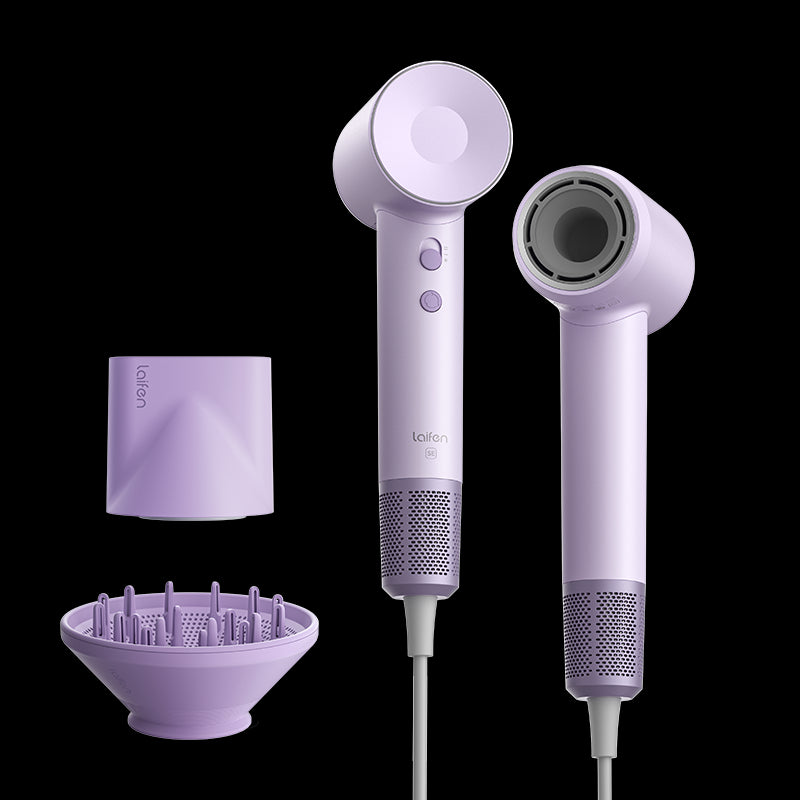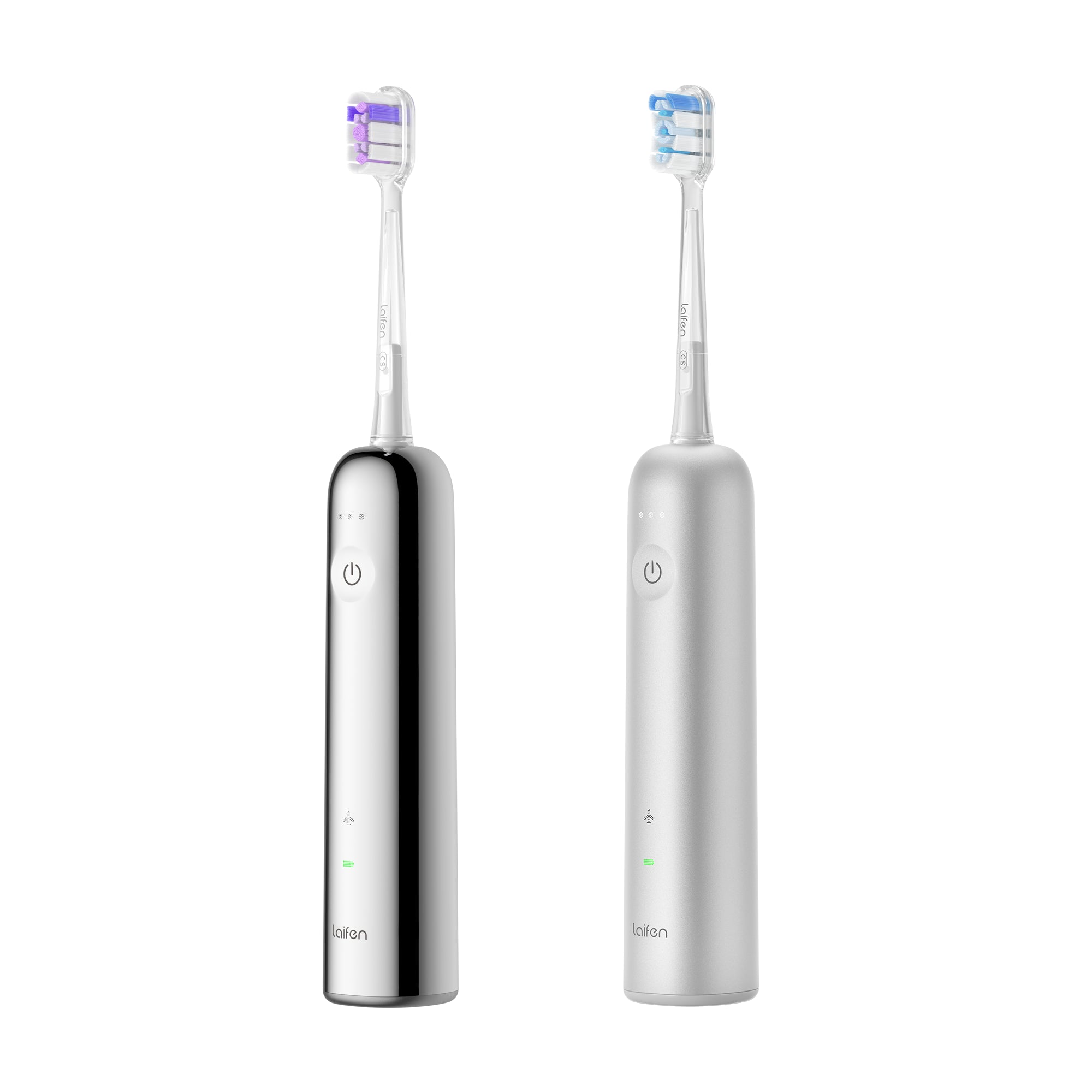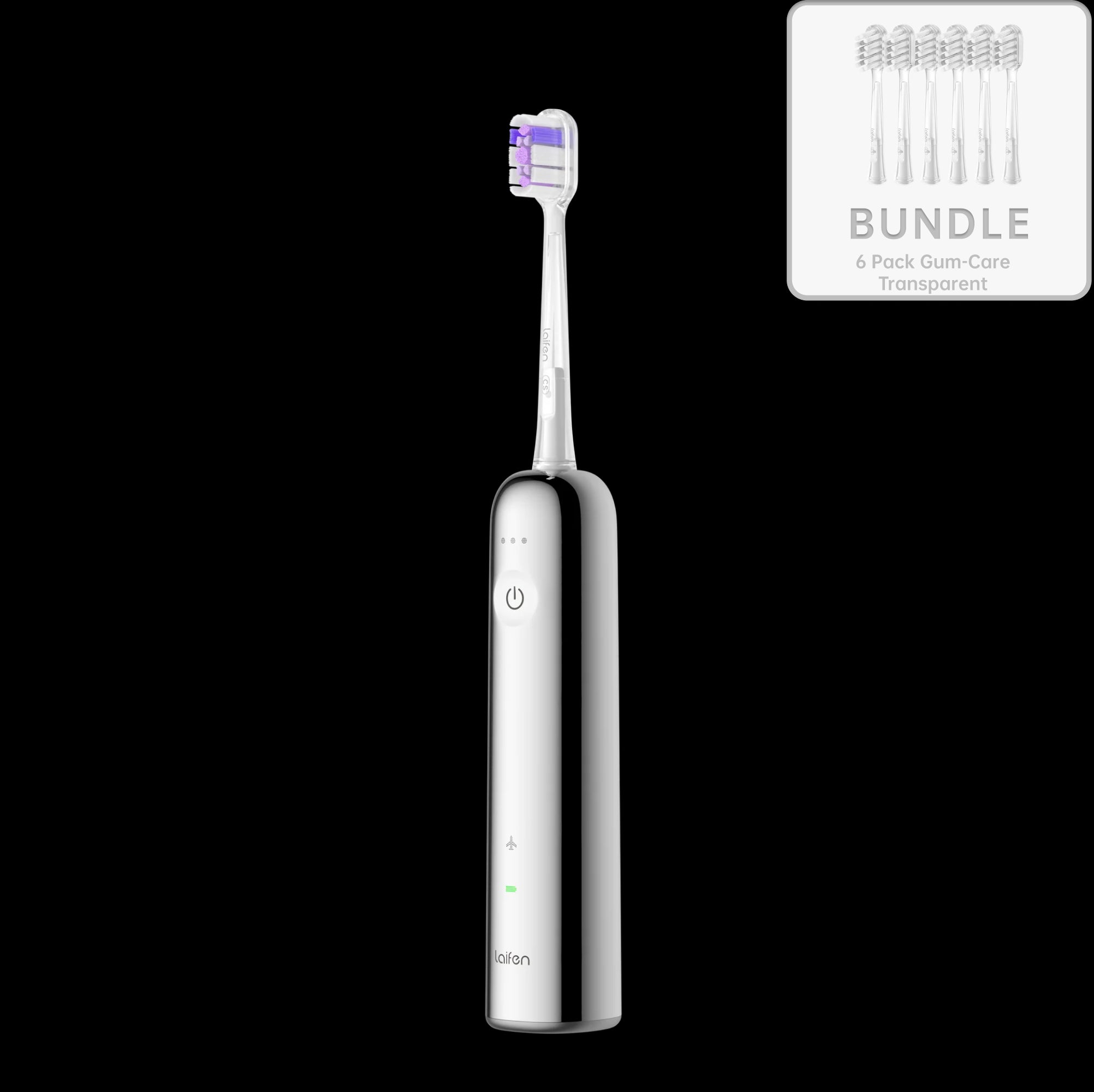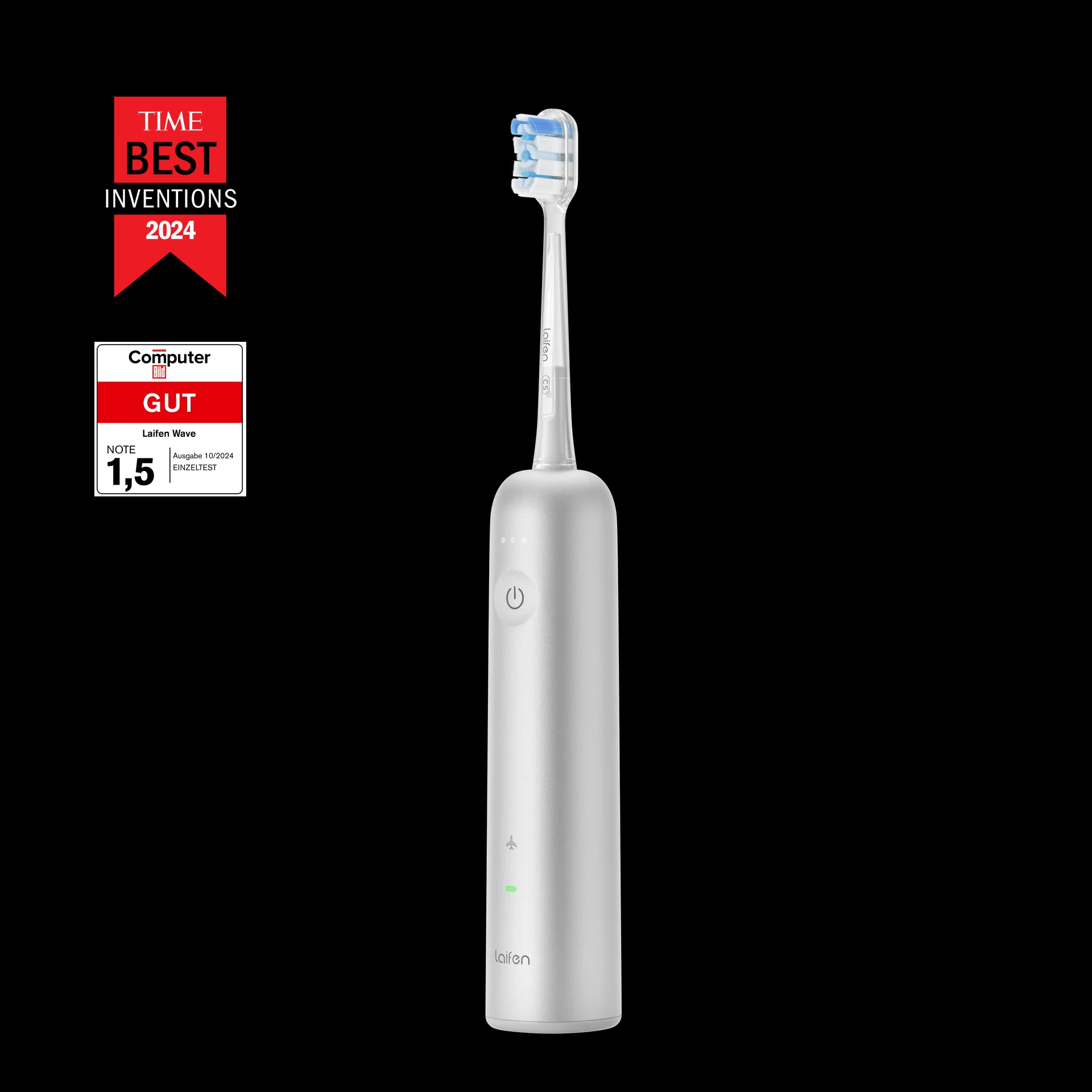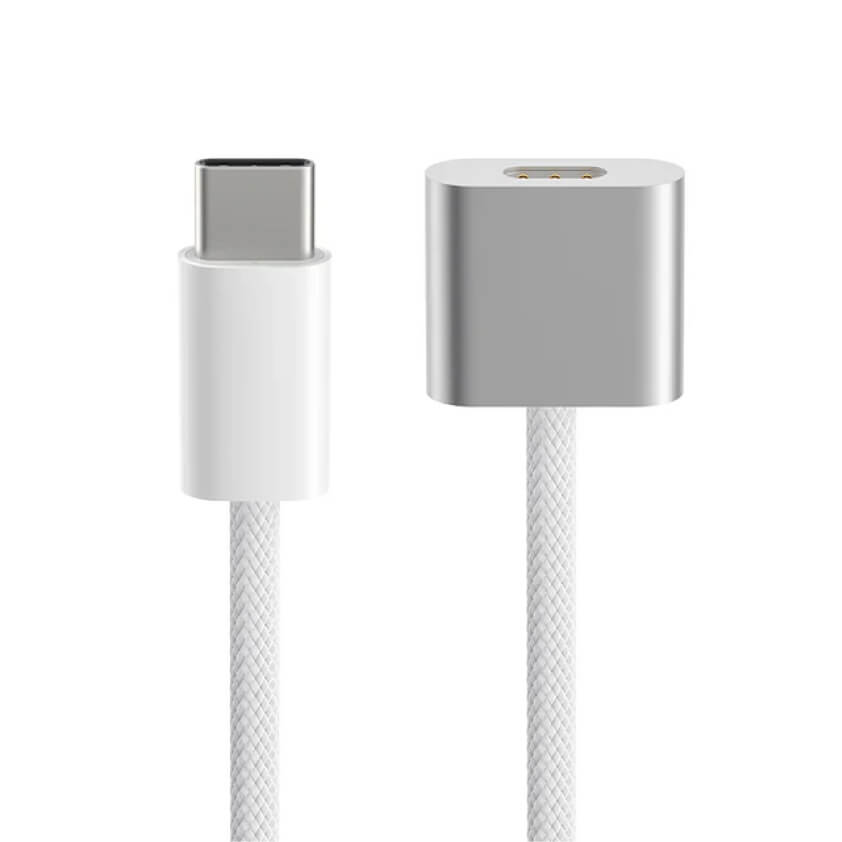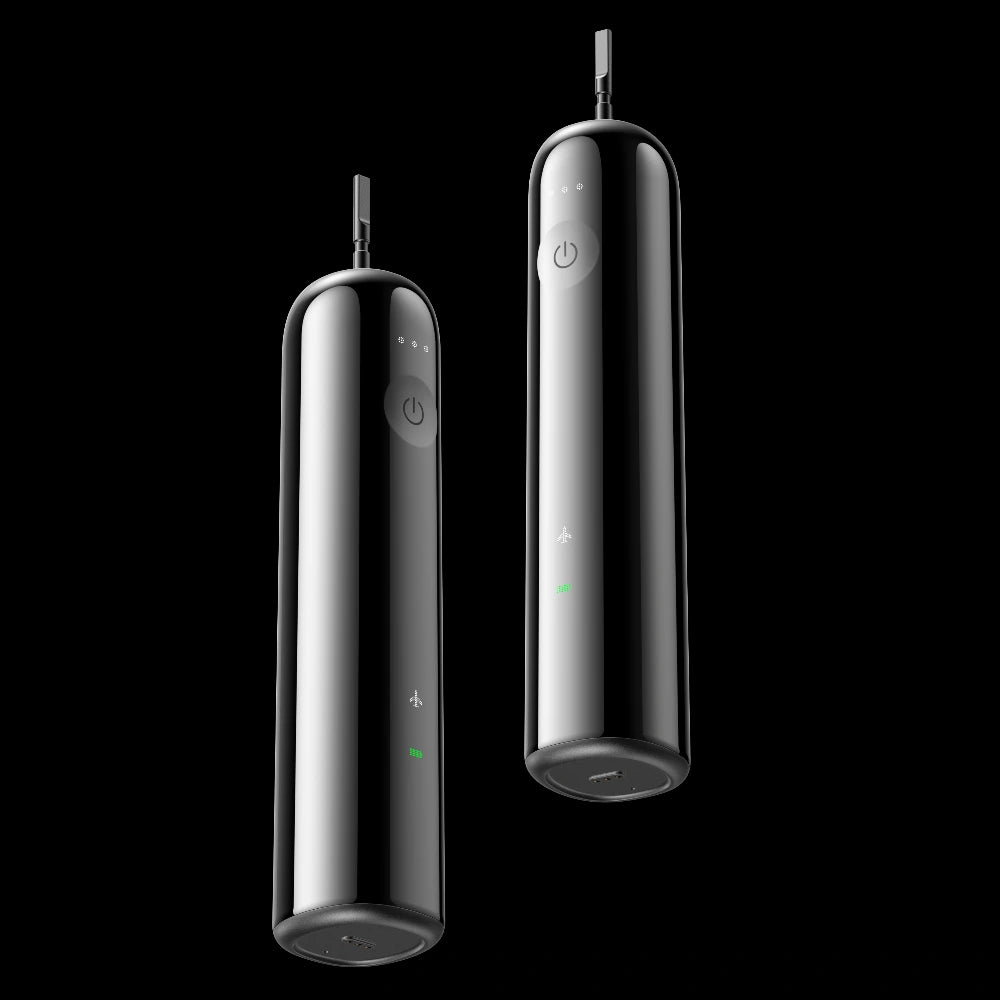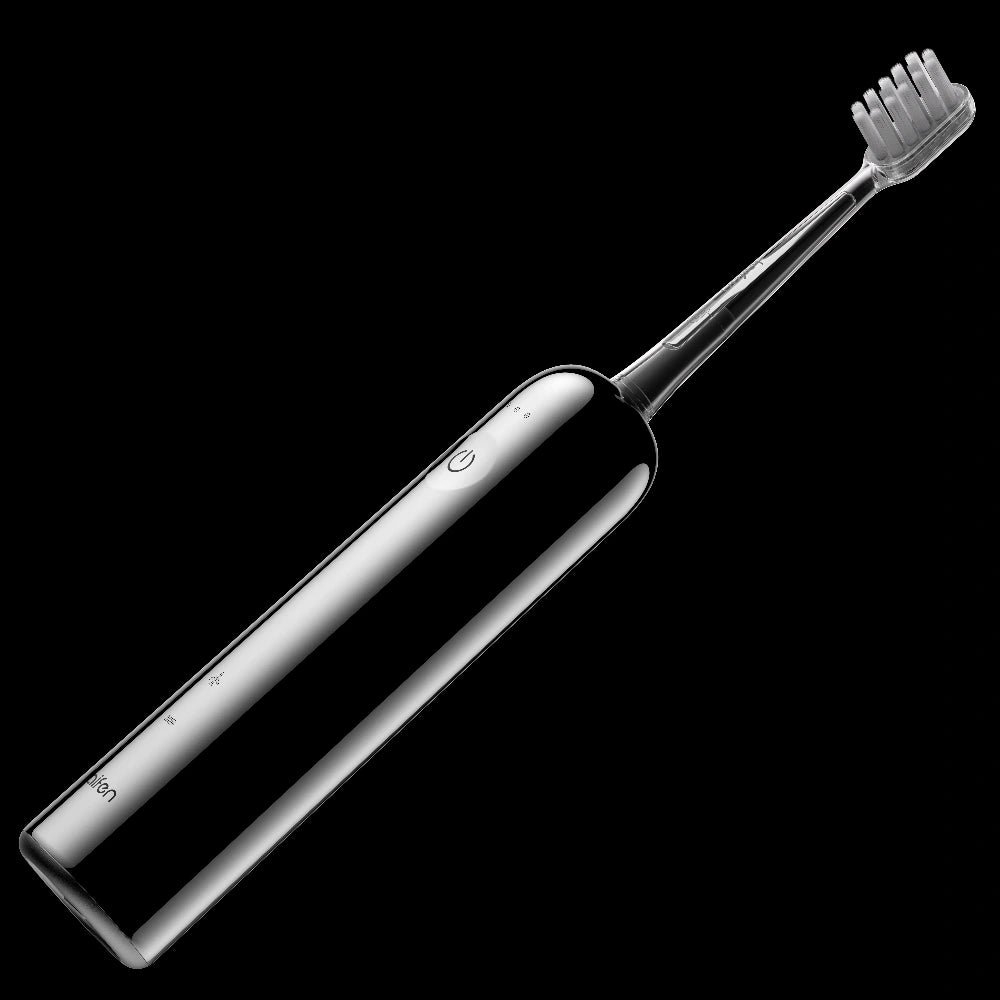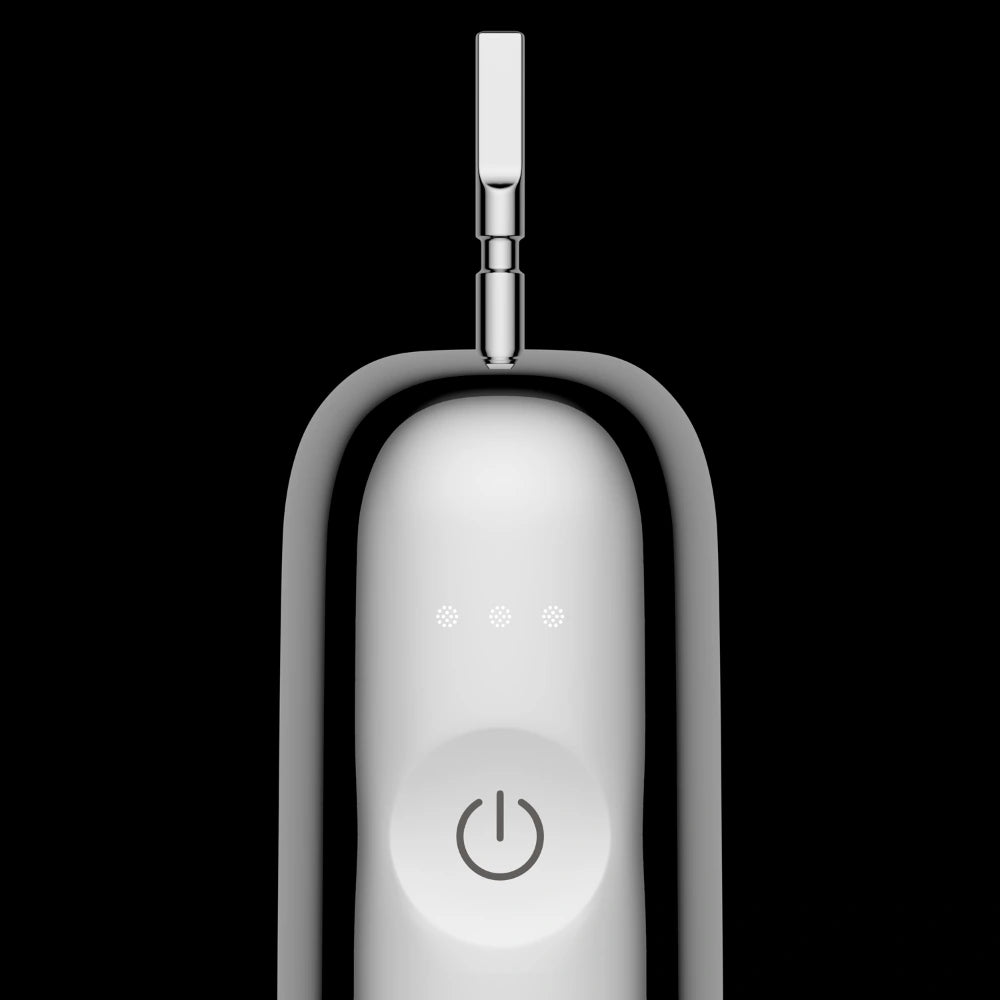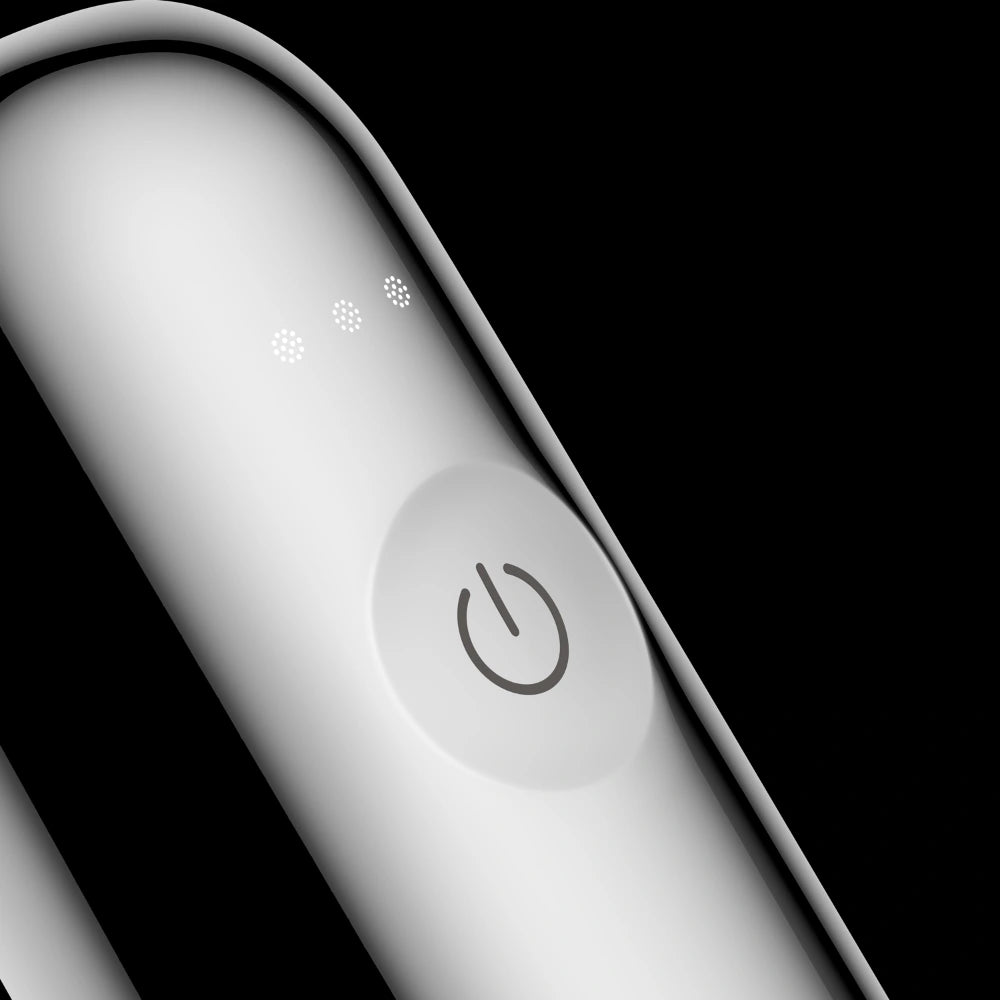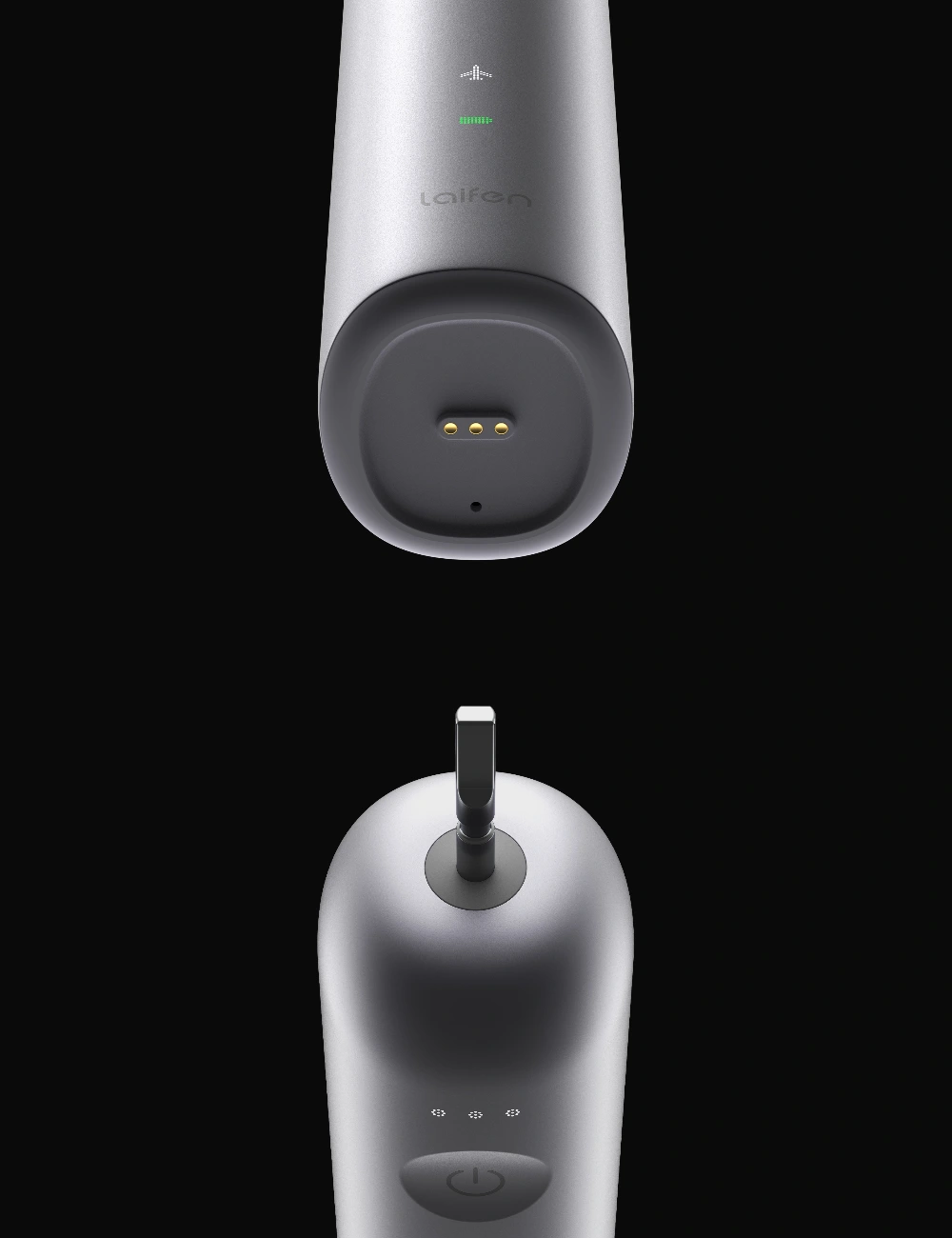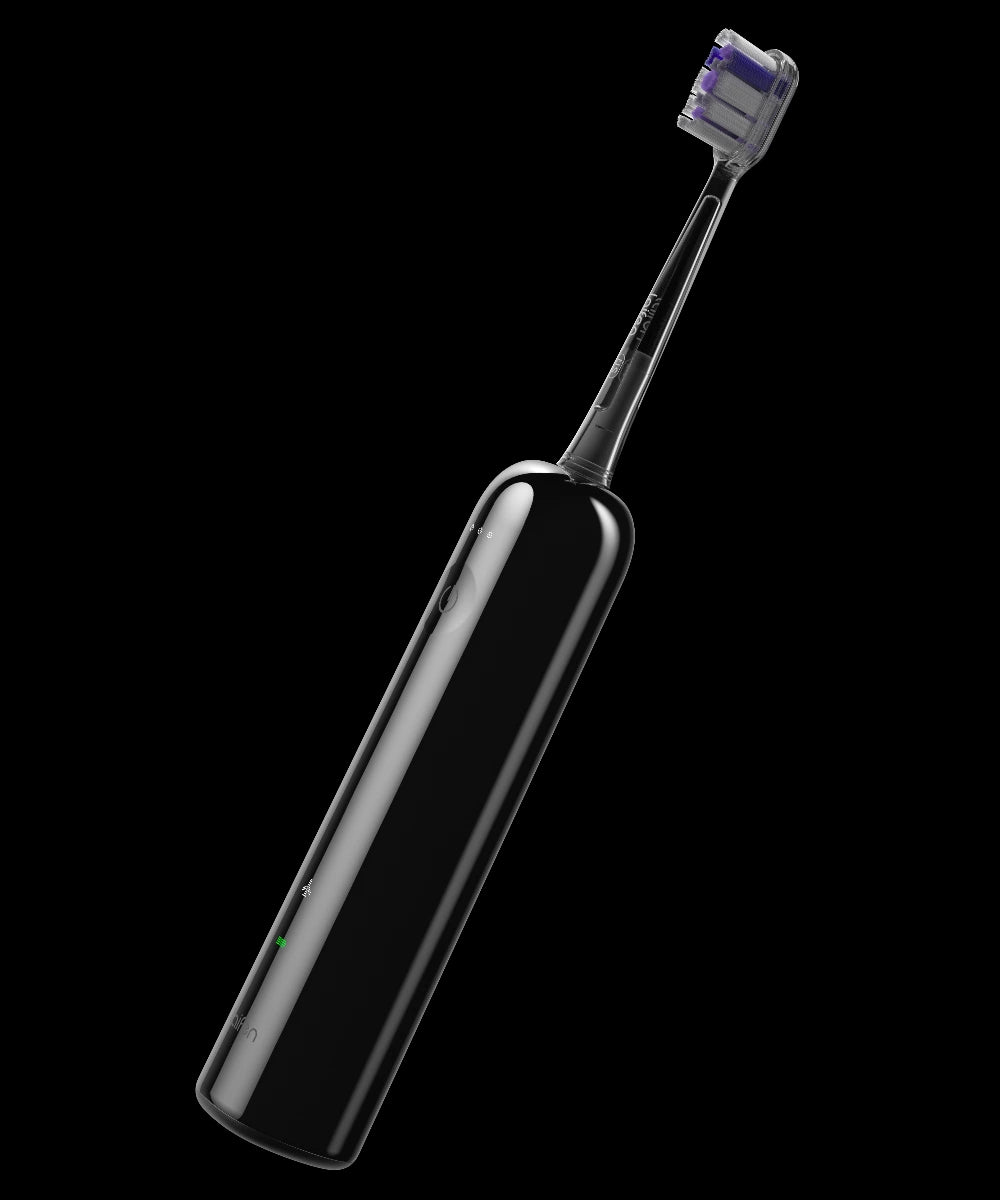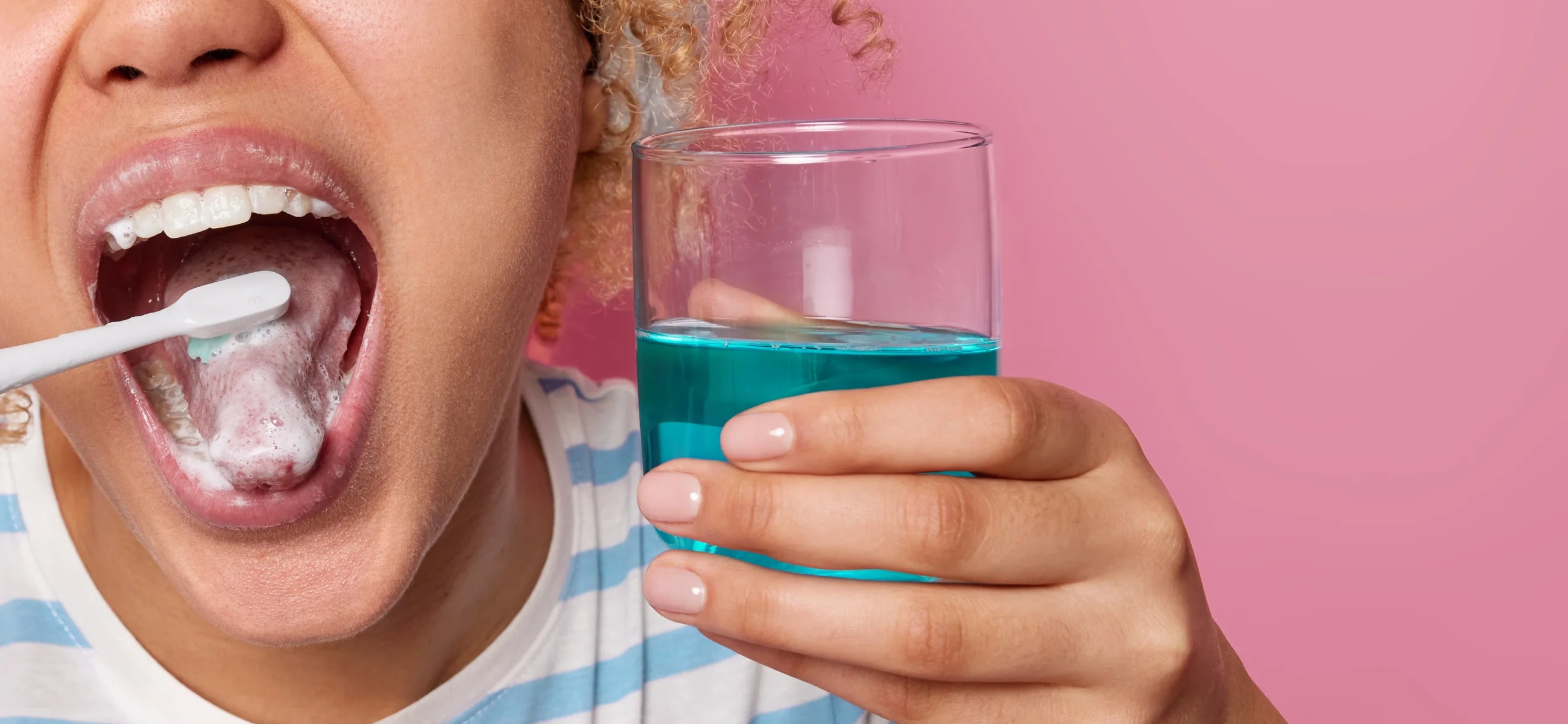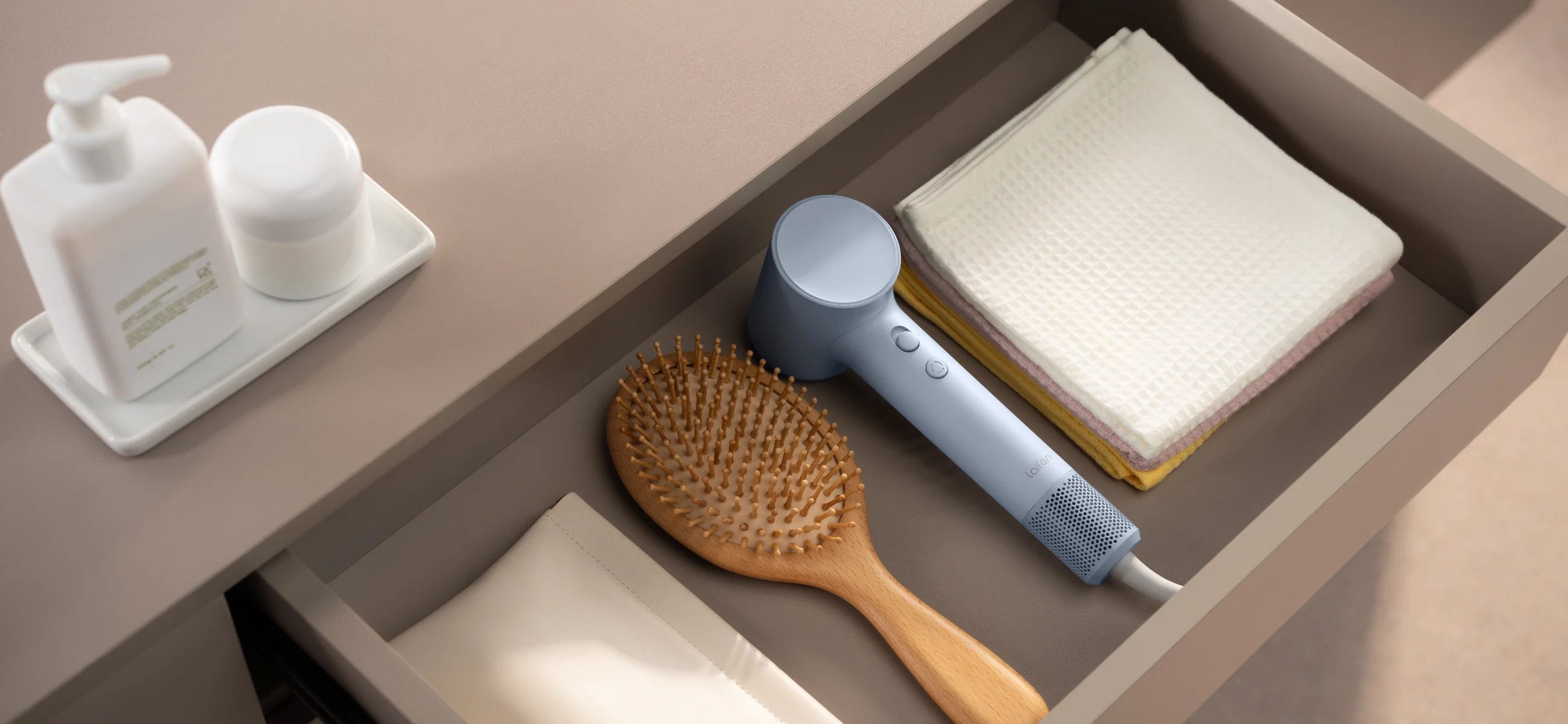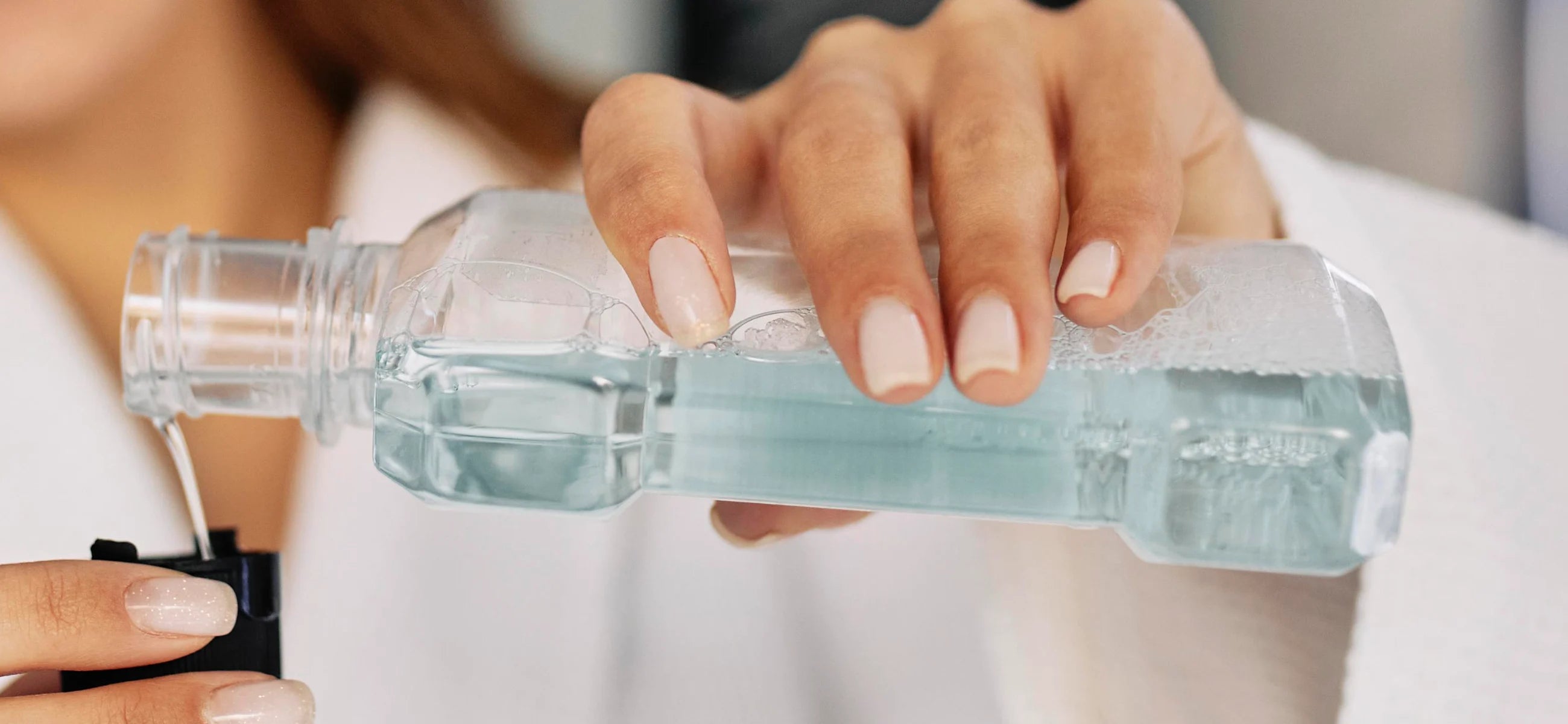
In this article
Many debate whether to rinse their mouth before or after brushing, but both have their proponents. Some prefer rinsing before to loosen debris, while others opt for after to wash away lingering toothpaste. People with sensitive gums or dental work often prefer pre-brushing rinses for gentle cleaning. Foods prone to sticking, like sugary treats or acidic beverages, benefit from post-meal rinsing. Regardless of timing, making mouth rinsing a habit after meals promotes fresher breath and healthier teeth for all.
[See also: Should I rinse my mouth with peroxide?]
Should I do mouth rinse before or after brushing?
I recommend rinsing after brushing for several reasons.
Firstly, rinsing after brushing helps to wash away any remaining toothpaste and debris and leaves me a thorough cleaning of the mouth. This can leave your mouth feeling fresher and cleaner for longer periods based on many feedback.
Rinsing after brushing allows fluoride from toothpaste to remain on your teeth for a longer duration and gives you better protection against cavities and enamel erosion.
How often to rinse your mouth?
2-4 times a day
I've found that rinsing with water after enjoying a sweet treat helps prevent that sticky feeling on my teeth. Putting mouthwash into my morning and bedtime routines leaves my mouth feeling fresh and clean. After trying different approaches, I've settled on rinsing about 2-4 times a day, adjusting based on what I eat and drink. It's all about finding a rhythm that works for you and keeps your smile shining bright.
How to rinse your mouth in right ways?
Rinsing your mouth may seem straightforward, but doing it correctly can enhance its effectiveness. Here's how to rinse your mouth the right way:
Step 1. Select a mouthwash that suits your needs-fresh breath/gum health/cavity prevention.
Step 2. Pour the recommended amount of mouthwash into the cap or use a measuring cup if necessary.
Step 3. Take a mouthful of mouthwash and swish it around your mouth for about 30 seconds to 1 minute. Make sure to cover all areas, including your teeth, gums, cheeks, and tongue. Gargle the mouthwash in the back of your throat if desired, but be careful not to swallow it.
Step 4. After swishing and gargling, spit out the mouthwash into the sink. Avoid rinsing your mouth with water immediately afterward, as this can dilute the effects of the mouthwash.
Step 5. Avoid eating or drinking: Refrain from eating or drinking for at least 30 minutes after rinsing to allow the active ingredients in the mouthwash to work effectively.
Benefits of rinsing mouth everyday
Rinsing mouth every day offers a multitude of benefits for your oral health. Regular mouth rinsing helps to remove food particles, bacteria, and debris from your mouth and reduce the risk of plaque buildup and other diseases.
Using an antibacterial mouthwash can kill harmful bacteria, freshen your breath, and promote a healthier dental environment. By adopting the habit of mouth rinsing into your daily oral hygiene routine, you can maintain a cleaner mouth, prevent dental problems, and enjoy a fresher, more confident smile.
Moreover, mouth rinsing can provide relief from dry mouth symptoms by moisturizing the oral tissues and stimulating saliva production. This is particularly beneficial for those with dry mouth conditions caused by medications or certain health conditions.
Disadvantages of rinsing mouth too frequently
Rinsing your mouth too frequently may have some disadvantages:
-
Excessive rinsing can disrupt the balance of bacteria in your mouth.
-
Over-rinsing can wash away natural saliva, which may increase the risk of oral health issues like cavities and gum disease.
-
Frequent rinsing with acidic mouthwashes may contribute to tooth sensitivity, especially if you have exposed dentin or enamel erosion.
-
Excessive mouth rinsing may mask underlying oral health issues by temporarily reducing symptoms like bad breath or discomfort without addressing the root cause.
-
Constant use of mouthwash can be costly over time, especially if you're using specialized or prescription mouthwashes.
-
Regular use of mouthwash can contribute to plastic waste from packaging, especially if you're using single-use bottles.
-
Some mouthwashes contain alcohol or other chemicals that may cause irritation or adverse reactions with prolonged use.
Should I use an electric toothbrush to support the effect of rinsing mouth?

I'd recommend the Laifen Wave sonic electric toothbrush if you want to support the effect! It's like having a mini dentist in your bathroom.
The sonic vibrations make your teeth feel super clean, and it's way easier to use than a regular toothbrush.
It's got different modes and brush heads, so you can customize your brushing experience. It's kinda like upgrading your toothbrush game to the next level.
So yeah, if you wanna step up your mouth rinse routine, the Laifen Wave is where it's at!


